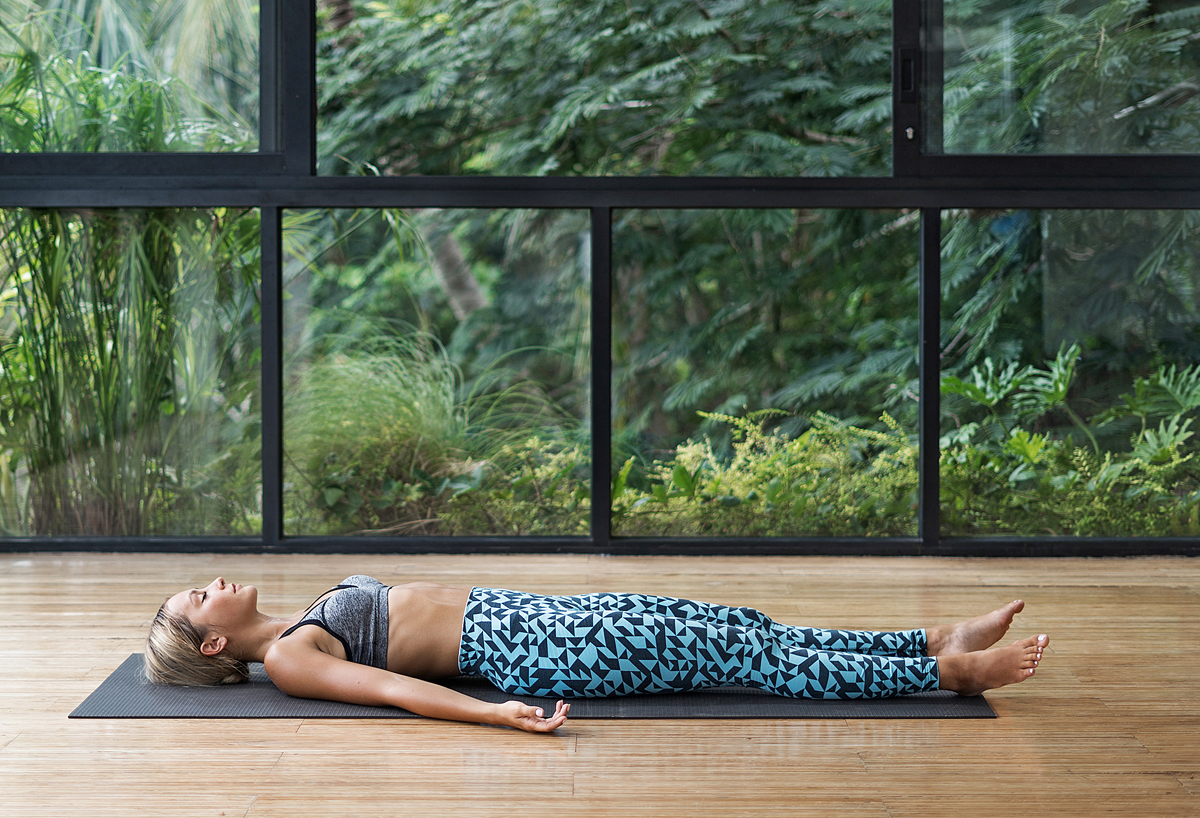The Global Wellness Institute (GWI) has identified mental wellbeing as a US$121bn (€101.6bn, £91.8bn) segment of the global wellness economy, based on consumer spending in four markets in 2019.
The figure was released in the GWI’s new study, Defining the Mental Wellness Economy, claimed to be the first paper to define mental wellness as its own industry.
Researchers say the industry encompasses businesses whose primary aim is to develop our internal mental wellness resources.
A definition
The report defines mental wellness as more than just an absence of mental illness. Instead, it’s an internal resource that helps us think, feel, connect and function; it’s an active process that helps us to build resilience, grow and flourish.
Due to COVID-19, mental health issues and mental unwellness are on the rise and taking their toll on individuals, families and society.
Furthermore, the World Economic Forum has estimated mental illness and mental unwellness will cost US$16.1trn (€13.5trn, £12.2trn) globally in 2030.
In response, the report argues mental wellness can provide strategies to help increase wellbeing and be used as a pathway to ease the financial burden caused by mental unwellness and illness – a point it hopes will incentivise governments and business to promote and invest into mental wellness.
“Clearly, the human suffering and economic dislocations caused by the pandemic have increased demands for mental wellness pathways and solutions on a global scale,” said co-authors Katherine Johnston and Ophelia Yeung.
“Not enough attention is paid globally to mental illness prevention and mental wellness promotion.
“Practices that improve our mental wellness don’t only lessen the symptoms of mental illness, but also reduce the risk of developing a mental illness,” they added.
A new category
The GWI has now added mental wellness as a new industry bubble to its Global Wellness Economy framework, which defines and measures the size of the US$4.5trn (€3.8trn, £3.4trn) global wellness economy.
Johnston shared that next year’s research will focus on updating the framework diagram, which will hopefully show the impact of coronavirus on the industry in a post-virus world with a vaccine.
The paper officially launched on 9 November, the first day of the annual Global Wellness Summit (GWS), which was held in Florida, US.


























































